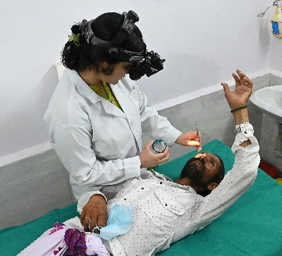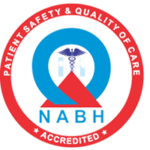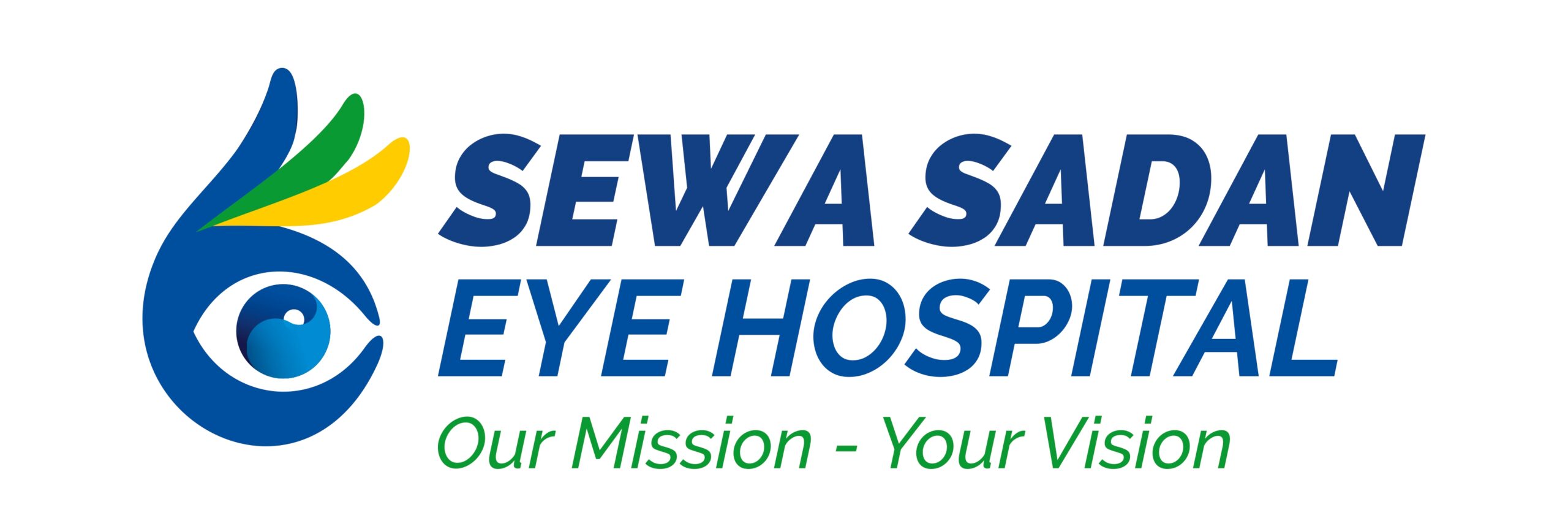- Home
- Retina
Retina
Retina is a key part of the vision. It is the layer at the back of your eyeball.The function of the retina is to capture the light that enters the eye and translate it into the images that we see. It provides the sharp, central vision needed for reading, driving and seeing fine details.
What are Retinal Disorders?
Retinal disorders are conditions that affect any part of the retina. Some can mildly affect a person’s vision, while others may lead to blindness. However, it may be possible to prevent most retinal disorders if an eye doctor identifies the condition early and provides appropriate treatment.
The early effects of retinal damage may or may not display noticeable changes in vision. If the damage is near the macula, one could notice various visual effects such as distortion of images such as straight lines appearing wavy, blurry spots in one’s central vision, and black spots.
- Macular Degeneration
- Diabetic Retinopathy
- Retinal Detachment
- Retina Of Prematurity
Retina Services at Sewa Sadan Eye Hospital
Diabetic retinopathy is a diabetes complication that affects retina. It’s caused by damage to the blood vessels of the light-sensitive tissue at the back of the eye (retina). The condition can develop in anyone who has type 1 or type 2 diabetes. The longer you have diabetes and the less controlled your blood sugar is, the more likely you are to develop this eye complication. Early detection is key to its management. Some of the common symptoms of DR are:
- Loss of central vision, which is used when you read or drive
- Blurry vision
- Floaters, or spots in your vision caused by bleeding
Treatment
Treatment is by pan–retinal photocoagulation or Intravitreal anti-VEGF injections and vitrectomy surgery.
Macular degeneration, also known as Age-related Macular Degeneration (AMD), can severely impair vision.
It is a common condition among older people. It happens when aging causes damage to the macula — the part of the eye that controls sharp, straight-ahead vision. The condition makes it difficult to see faces, read, drive or attend to work which requires near vision.
If you’re in the early stages of age-related macular degeneration you may not have symptoms. The first sign you may notice is a gradual or sudden change in the quality of your vision or that straight lines appear distorted to you. This may gradually turn into a dramatic loss of your central vision.
If treated in time, vision loss can be prevented by Intravitreal anti-VEGF injections
Symptoms
Largely people with age-related macular degeneration do not have any obvious symptoms until the disease progresses. People with the eye problem may experience:
- Blurred (low) vision
- Blank or dark spots in your field of vision
- The appearance of waves or curves in straight lines
Risk Factors
- Family history of AMD
- Being overweight
- Smoking
- High blood pressure (hypertension)
- A diet high in saturated fats
Retinal detachment is an emergency in which a thin layer of tissue (the retina) at the back of the eye pulls away from its normal position.
A retinal detachment occurs when the retina becomes separated from the rest of the layers of the eye. This usually occurs after you develop a tear in the retina. If not treated promptly, retinal detachment can cause permanent vision loss. Retinal detachment itself is painless. But warning signs almost always appear before it occurs or has advanced.
Symptoms
- The sudden appearance of many floaters — tiny specks that seem to drift through your field of vision
- Flashes of light in one or both eyes (photopsia)
- Blurred vision
- Gradually reduced side (peripheral) vision
- A curtain-like shadow over your visual field
Treatment
It is treated by scleral bucking and vitrectomy surgery.
Retinopathy of prematurity (ROP) is an eye disease that can happen in babies 1250 grams or less and is born before 31 weeks gestation. It causes abnormal blood vessels to grow in the retina, and can lead to blindness. Babies born at a very early gestation can develop ROP where blood vessels grow abnormally and uncontrollably causing damage to the light-sensitive layer of the retina. In the worst case scenario, this can lead to bleeding and scarring that can pull the retina away from the wall of the eye (retinal detachment) putting the baby at risk of becoming blind.
How to know of your baby is at risk
We cannot predict which babies will develop ROP. All babies weighing less than 1250 grams at birth will have regular eye examinations after their gestational age reaches 45 weeks. Eye drops are used to dilate the pupils. The examination only takes a couple of minutes. Your baby may be minimally upset by these examinations and will settle very quickly once the eyes have been checked.
What are the symptoms of retinopathy of prematurity?
Retinopathy of prematurity has no signs or symptoms. The only way to find it is through an eye exam by an eye doctor.

Pre term baby
The majority of patients injured are between 21 and 40 years of age, mainly of workers who have not used eye protection while on eye risk job The majority of foreign bodies (58-88%) enter the posterior segment. Uveitis Hypertensive Retinopathy Endophthalmitis Macular Holes IOL Dropped SF-IOL Vascular Occlusive.


Normal Vision
Vision Effected by Diabetic Retinopathy
- Dim or distorted central vision
- Straight lines that appear wavy
- Spots in the central vision that may appear blurry or dark
- Images that appear then disappear
- Double Vision
- Floaters
- Flashing Lights
- Halos appear around light sources
- Grey “Curtain” blocking vision
- Peripheral shadows
- Blindspot
- Overall decrease in vision quality




 Nisha Solanki belongs to a large family of two brothers and four sisters (of whom 3 are married). Both her brothers and elder sister attend school. Nisha’s father is mentally challenged. The responsibility of earning is on the mother, who is a daily wage farm labourer and grandmother, who tends to her goats. Two earing members for a family of ten.
Nisha Solanki belongs to a large family of two brothers and four sisters (of whom 3 are married). Both her brothers and elder sister attend school. Nisha’s father is mentally challenged. The responsibility of earning is on the mother, who is a daily wage farm labourer and grandmother, who tends to her goats. Two earing members for a family of ten. Blindness in children leads to deep impact on psychological, emotional, and socioeconomic growth to the family. A child with blindness is more likely to have delays in developmental milestones, to be more frequently hospitalized, and die during childhood than a sighted child. Such severe vision loss also adversely effects the educational activities, orientation, and mobility from the early stage of life resulting in lack of employment privilege. These differential characteristics between a sighted and non-sighted child is more obvious in developing countries. Moreover, the disability adjusted life years (DALY) loss in a blind child is far more than that of adults with blindness.
Blindness in children leads to deep impact on psychological, emotional, and socioeconomic growth to the family. A child with blindness is more likely to have delays in developmental milestones, to be more frequently hospitalized, and die during childhood than a sighted child. Such severe vision loss also adversely effects the educational activities, orientation, and mobility from the early stage of life resulting in lack of employment privilege. These differential characteristics between a sighted and non-sighted child is more obvious in developing countries. Moreover, the disability adjusted life years (DALY) loss in a blind child is far more than that of adults with blindness.